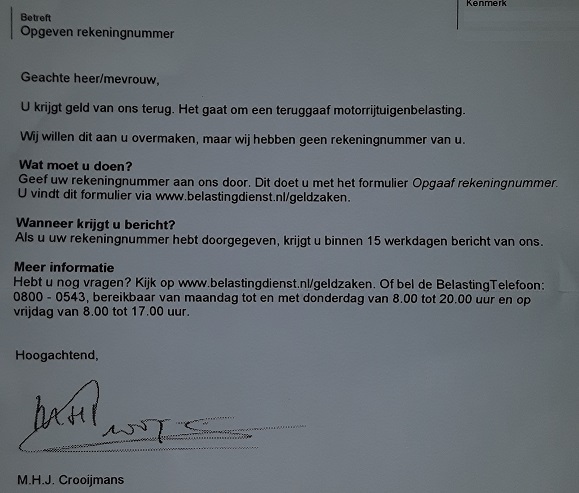A personal rejection*, though not quite the next best thing, comes very close to being just that. If immediate acceptance is not forthcoming, and the editor wasn’t quite enamored enough of your story to produce a rewrite request, a personal rejection is an implicit accolade that you’ll do well to cherish. It means that the editor was so taken by your story that she took some extra time to write a short note just for you, even though she was thigh-deep in slush at the time. Remembering what you know about the slush pile, you no doubt understand that this is a gift to you, an implicit compliment for your writing in addition to the explicit compliments that may or may not be in the actual note.
The odds** you’ve beaten also make it an implicit compliment. The personal rejection in itself puts you in the upper echelons of the slush pile.***
Nevertheless, when all’s said and done, a personal rejection is still a rejection. It’s not an invitation to respond, it’s not a request to improve the story and resend (unless it’s also a rewrite request); it’s not an endorsement of your story. In fact, the only thing you need to do after receiving a personal rejection is: file it and submit the story somewhere else.
With one notable exception: if the editor invites you to send something else, DO!! This is not idle chit-chat on their part; this means that the editor likes your style, and hopes that a different story from your hand will match her needs enough to get accepted. So if you have a different story that’s ready for submission, send it to them asap. And be sure to mention the previous submission, and their wish to see more of your fiction, in your next cover letter (if they want a cover letter, that is).
Other than that, the only thing to do now is to handle the personal rejection the way you would a form rejection.
* Please note that addressing the rejection to you by name, or mentioning the title of your story, do not in themselves make the rejection personal. Any decent submission tracking and rejection system can insert that information into a form rejection template. And don’t get taken in by the personable style of the note. Some editors simply write their form rejection template in such a style.
The only way to know for sure that you’ve received a personal rejection is to imagine a different author receiving the same note, with only their name and their title substituted. Would the rejection still make sense? Or does it contain remarks about you or your story that could apply only to you?
For instance, the phrase “It was well written, but” is probably part of a form rejection, albeit a form rejection of a slightly higher level than “It does not meet our needs at this time’.
When in doubt, assume it’s a form rejection. It’s not like you’ll deal with it differently if it’s personal.
** Based on my own submission history, about 46% of rejections are personal. That’s weirdly high. This was supposed to be a footnote illustrating the point I’m making, but it’s not really working out that way. I’ll shut up now and continue the main post.
*** Putting this in perspective, there are huge differences between markets in the frequency of personal rejections. Some editors hardly ever take (or indeed have) the time to produce personal rejections; others just can’t help themselves, or have never figured out how to save a rejection for reuse. And, of course, if you happen to know the editor, the chances of getting a personal rejection for your story increase dramatically (though a personal acquaintance usually doesn’t do a thing for your chances of actually getting accepted).
